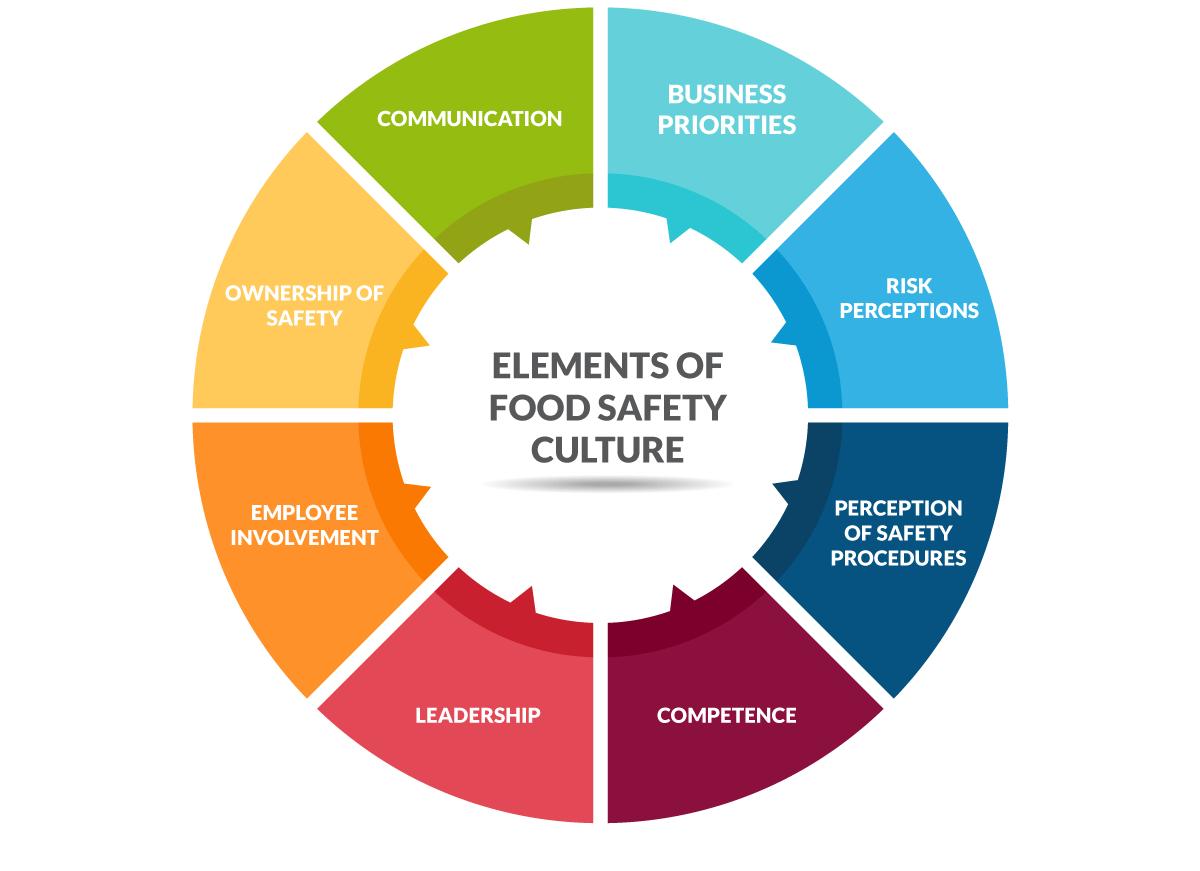
4 minute read
Opinion
Why brutalising food vendors hits Africa’s growing cities where it hurts
By Danielle Resnick
In January 2017, the Harare City Council in Zimbabwe accused informal food vendors of spreading typhoid. The council then attempted to confiscate, and destroy, all perishable food items that were being hawked in the central business district. Many vendors fought back, resulting in deadly clashes over a series of days in the opposition run capital city. Sadly, such violent treatment of workers in informal markets is all too common in African cities.
Indeed, based on calculations from the Armed Conflict and Location
Event Database, such treatment dramatically increased over the past decade. In 2015, there were more than 250 incidents of violence against informal workers in Africa reported in the media, a more than fourfold increase since 2005. Other examples of these so-called cleanup operations were carried out in Malawi in 2006 and 2015, in Nigeria in 2009, in South Africa in 2013, and in Zambia in 2007 and 2015. These represent just a few examples of concerted “decongestion” efforts to push informal traders off the streets. These campaigns typically involve authorities arresting and fining informal vendors. But they extend to confiscating merchandise and demolishing makeshift trading stalls.
In addition to inflicting violence on a vulnerable population, government shutdowns of informal food markets deprive city dwellers access to a critical source of food. Food markets in the informal sector are a vital source of both food and income for Africa’s urbanites.
Large urban poor populations in
Africa rely heavily on the informal economy for accessible, affordable food. These include most of their nutrient dense foods like eggs, meat, fish, and milk.
A study of 11 African cities found that 70% of households regularly purchase their food from informal markets or street vendors. Despite the key role this sector plays in the well-being of Africa’s urban poor, many countries maintain violent enforcement of colonial era laws that criminalise both buying and selling in informal arrangements.
Rather than resorting to draconian measures, governments across the continent must find ways to engage with informal workers that will ensure Africa’s urban populations have adequate access to safe and nutritious foods.
Often violent shutdowns of informal markets are justified by concerns about food safety and tax evasion. But some research has indicated that these concerns can be overblown. It has also revealed that violent government responses are counterproductive.
Multi-country epidemiological research conducted by International Livestock Research Institute has found that food safety hazards exist in informal market foods. But the risk of illness is not necessarily higher than it is from foods purchased in supermarkets. Studies in Brazil have suggested frequent crackdowns reduce incentives for informal workers to invest in improved food safety equipment and practices.
Concerns about informal vendors skirting tax payments are also based on misperceptions about how informal markets function. The international development organisation Women in the Informal Economy Globalising and Organising has been conducting research on informal market accounting in six developing countries. It found that most informal vendors in fact do pay taxes and fees. This is either through a chairperson in charge of their market or directly to city municipal authorities.
The common conditions of informal markets do create real food safety concerns that must be addressed. Vendors often don’t have access to electricity, waste disposal, or clean water. And ensuring they are tax compliant requires accounting systems for collecting taxes and fees.
AFRICA’S CITIES MUST FIND BETTER WAYS
But several countries have recently begun instituting promising attempts at productively engaging informal vendors. This is done in ways that address government concerns about safety without resorting to complete or violent shutdowns that diminish access to food.
Government sponsored training on food safety is one effective measure. In Kenya, a recently established Dairy Traders Association provides training on basic hygiene and quality testing for informal milk traders. Those who complete the training receive a certificate for a licence which spares them from fines from the Kenya Dairy Board.
Zambia has taken a different approach by establishing ostensibly inclusive management boards of informal markets. Local authorities, vendors, and consumers, all provide
RATHER THAN RESORTING TO DRACONIAN MEASURES, GOVERNMENTS ACROSS THE CONTINENT MUST FIND WAYS TO ENGAGE WITH INFORMAL WORKERS THAT WILL ENSURE AFRICA’S URBAN POPULATIONS HAVE ADEQUATE ACCESS TO SAFE AND NUTRITIOUS FOODS.
representatives involved in decision making. This has created a transparent environment which also encourages adherence to fee payments for maintenance and sanitation needs, although it has sometimes been prone to political party interference.
Other regions have also demonstrated successful ways of working with informal vendors that can be applied to an African context. In Vietnam, street vendors and the government have struck a compromise: vendors can work freely during specific hours so long as they clean up street litter at the end of their allowed time. Informal workers in Peru are working with the government to develop laws for self-employment and street vending that allow for effective oversight and safety without stifling commerce or access.
AFRICA’S FUTURE IS URBAN
In the coming years, these reforms to bring the informal sector under effective oversight will become increasingly important. Urbanisation is currently occurring more rapidly in Africa south of the Sahara than anywhere else in the world. The continent’s population is expected to be majority urban by 2030.
Yet there’s a general lack of strong urban development plans in most of these countries. This means that the urban population growth will also surely drive growth in the number of people who rely on the informal economy for their food and income.
To feed these developing urban populations, Africa’s cities must find productive ways to work with the informal traders and markets where they get their food.

